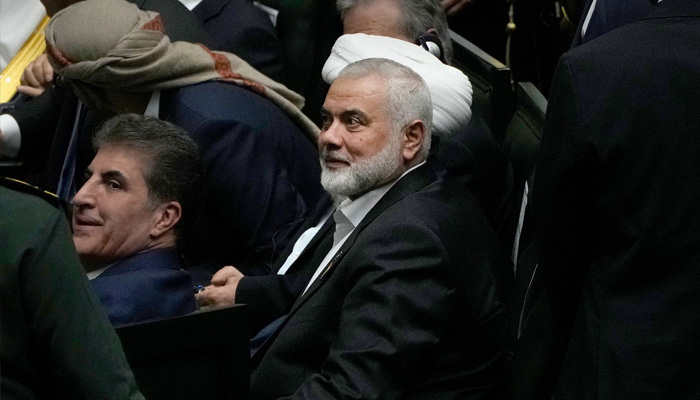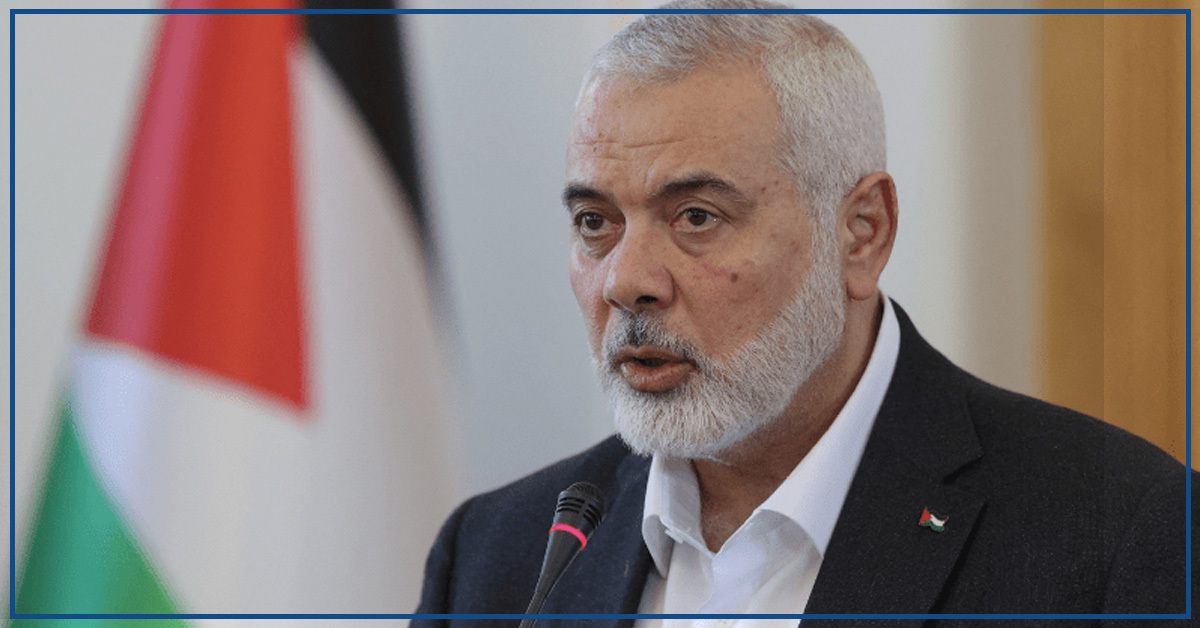The assassination of Ismail Haniyeh, a senior Hamas official, in Tehran on Wednesday morning is expected to have significant consequences for Iran, Israel, Gaza, and the broader Middle East.
Haniyeh, head of Hamas’s political bureau, played a crucial role in shaping the group’s strategy and policies. Having experienced displacement in 1948, his leadership was vital in maintaining Hamas’s influence in Gaza and its relations with the Iran-backed Axis of Resistance. His assassination is a substantial blow to Hamas, as he coordinated efforts against Israel and managed political relations with regional allies. Haniyeh was in Tehran for President Masoud Pezeshkian’s inauguration when a projectile struck his accommodation at 2:00 am, killing him and one of his guards. Details about the projectile and how it bypassed Iranian defenses remain unclear.
Officials from Iran, Palestine, and other members of the Axis of Resistance unanimously blame Israel for the attack, though Israel has not claimed responsibility. If Israel is indeed behind the assassination, choosing Tehran as the location sends a bold message to both Palestinians and Iranians, challenging Iranian security and demonstrating Israel’s reach.
Iran’s Supreme Leader Ayatollah Ali Khamenei condemned the assassination, calling Israel a “criminal Zionist regime” and asserting that “severe punishment” was necessary, indicating a potential for military response. This incident places President Pezeshkian under pressure to act swiftly and prove his leadership, particularly to conservative Iranians.

Qatar’s Foreign Minister, Mohammed bin Abdulrahman Al Thani, condemned the assassination, criticizing Israel for undermining peace talks and making mediation difficult. This highlights the impact on diplomatic efforts, as Qatar’s mediation role is critical. A harder stance from Qatar could further diminish chances for a peaceful resolution.
Haniyeh’s assassination could significantly alter the Middle East’s geopolitical landscape. Iran may respond with increased military activity and retaliatory attacks from its proxies, including Hamas, Hezbollah, and the Houthis, potentially escalating regional instability. The assassination could solidify the Axis of Resistance and prompt coordinated responses.
In Israel, the assassination may embolden right-wing factions, prompting increased aggression and complicating peace efforts. Prime Minister Benjamin Netanyahu, already under pressure from corruption scandals, may face internal political pressure to escalate military actions, risking broader conflict.
For Palestinians, Haniyeh’s assassination could serve as a unifying factor, especially after the recent reconciliation between Hamas and Fatah. A unified Palestinian leadership may strengthen resistance efforts but also complicate peace negotiations, as a more cohesive front could demand more and adopt tougher positions.
The precision of the attack raises questions about Iranian security failures, especially during a high-profile event. Speculation about an inside job, despite lack of evidence, adds to public pressure on Tehran to respond decisively and restore confidence in its security capabilities.
Assassinating a political leader in a foreign country violates international norms. Article 2(4) of the United Nations Charter mandates that members refrain from force against another state’s territorial integrity or political independence. Targeting Haniyeh on Iranian soil constitutes an act of aggression, setting a dangerous precedent and challenging principles of sovereignty and non-intervention.
This assassination raises significant legal and ethical concerns, undermining global legal frameworks and risking an escalation of retaliatory actions. Tehran’s response, likely calculated as in previous cases of assassinations of Iranian officials and nuclear scientists, is awaited with bated breath. While Iran has often opted for restraint to avoid regional destabilization, it can strike Israel significantly if it chooses. The world watches closely to see how Tehran will respond and the implications for ongoing conflict and peace negotiations in the region.





